Community Engagement Through SMS: Lessons for Churches and Synagogues
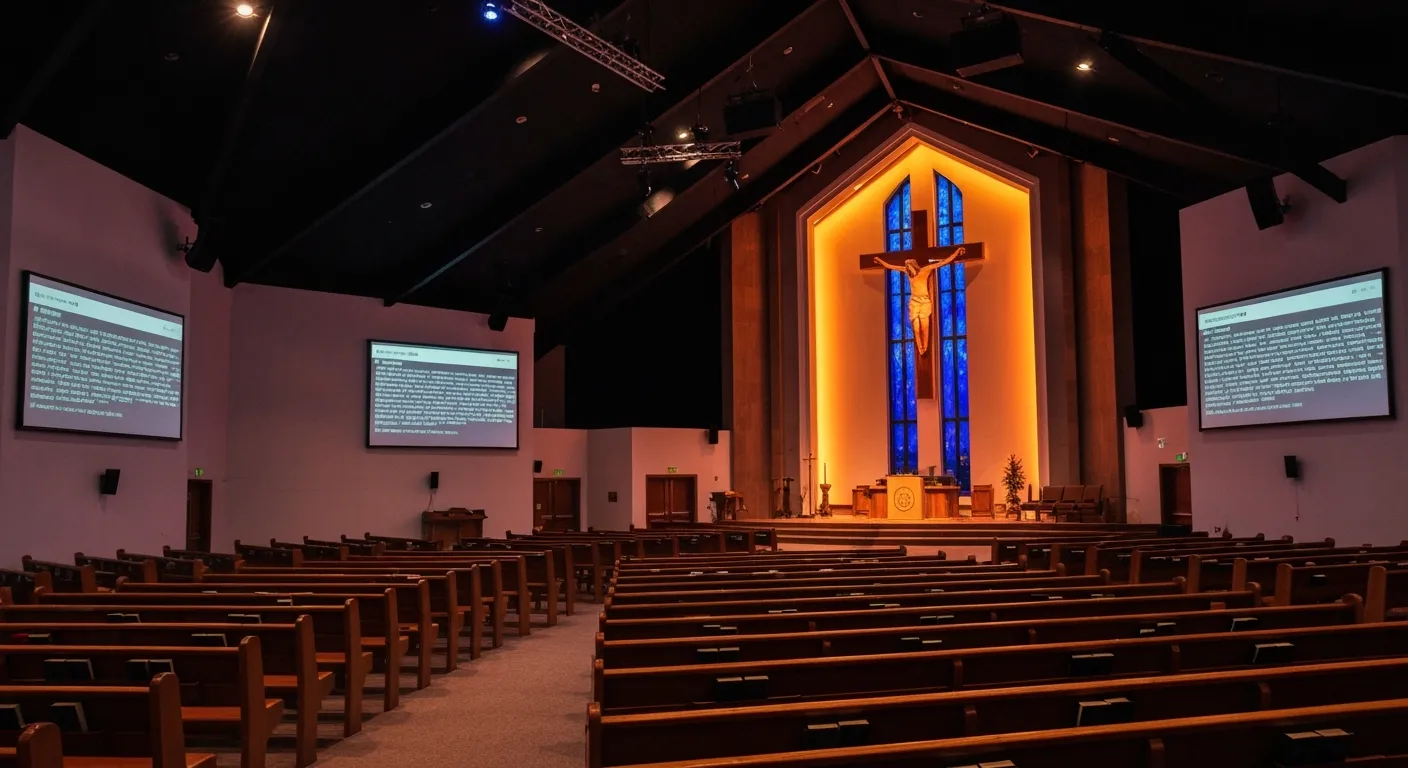
The Power of SMS in Faith-Based Engagement
In an era where digital connectivity shapes community interactions, religious organizations have found a remarkable ally in SMS technology. With its unmatched immediacy and accessibility, text messaging offers faith communities a direct and meaningful way to enhance communication, boost engagement, and strengthen communal bonds. This article explores the strategic use of SMS in churches and synagogues, uncovering benefits, best practices, real-world successes, and tools that can transform outreach and foster spiritual growth.
How SMS Revolutionizes Community Communication in Faith Settings
How can SMS technology be used to enhance community engagement and communication in religious organizations?
SMS communication has transformed how churches and religious groups connect with their communities. With an open rate of nearly 98% and most messages read within minutes, SMS offers a fast and effective way to share important updates, event reminders, and inspirational messages. Churches can use this instant channel to reach members reliably, regardless of internet access, making it an inclusive tool for all demographics.
Personalization is a hallmark of successful SMS campaigns. By segmenting contacts based on age groups, volunteer roles, or participation levels, churches can send targeted messages that resonate more deeply. For example, youth groups might receive special event invites, while volunteers get scheduling notifications. Automated campaigns further enhance this approach, enabling welcoming messages for new members or follow-ups after events.
Beyond just notifications, SMS helps foster a sense of community and spiritual support. Sending daily scripture passages, prayer prompts, or encouragement messages keeps members spiritually engaged during the week. Churches also utilize SMS for prayer requests, facilitating quick sharing of needs and fostering prayer partnerships.
Additionally, SMS integration with church management systems streamlines communication efforts. Features like scheduled reminders for services or fundraisers, two-way messaging for feedback, and analytics on engagement allow churches to be more responsive and organized.
Overall, SMS empowers religious organizations to build more responsive, inclusive, and vibrant communities—supporting both spiritual growth and active participation.
The Tangible Benefits of SMS for Churches and Synagogues
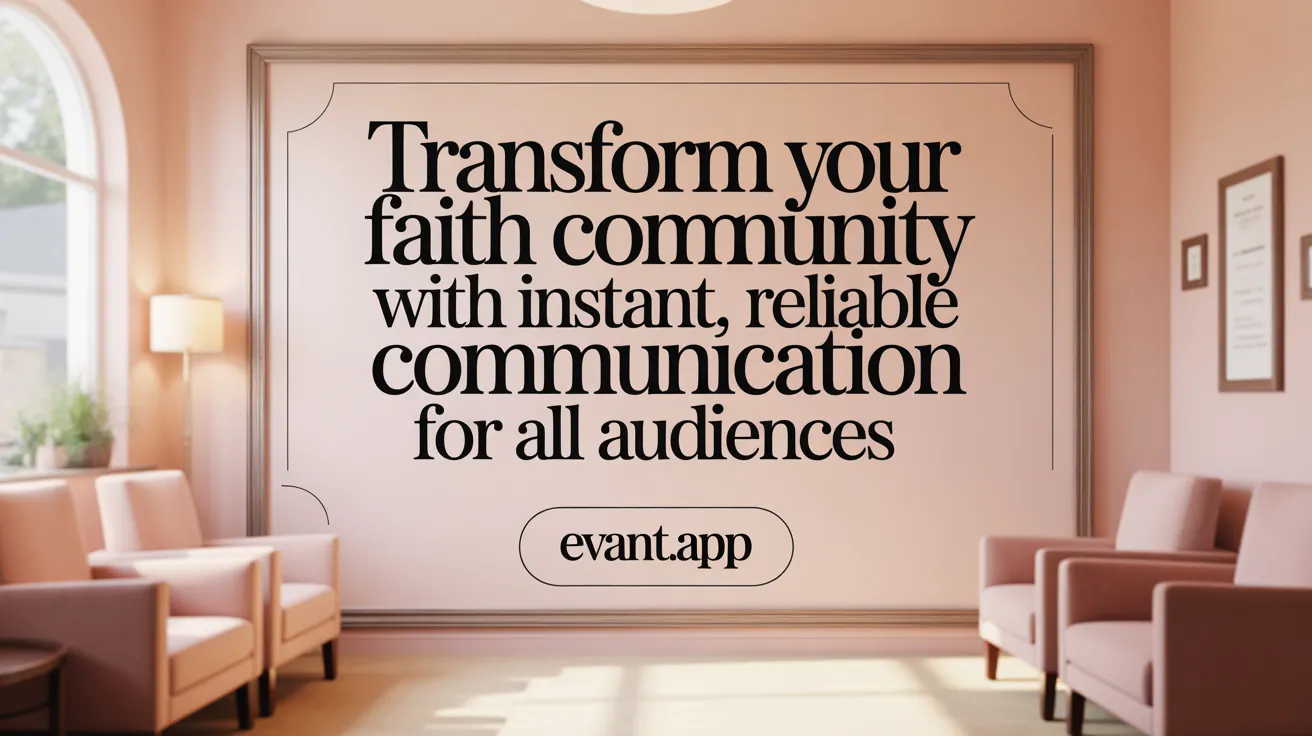
What are the benefits and advantages of using SMS for community outreach in churches and synagogues?
SMS has become a vital tool for religious communities seeking effective communication channels. Its high open rate of nearly 98% ensures that important announcements, updates, and encouragement messages reach members quickly and reliably.
One of the standout advantages is the quick response time. Statistics show that 97% of text messages are read within three minutes, and 90% are read within 30 minutes. This immediacy makes SMS ideal for urgent notifications, event reminders, or last-minute changes.
Cost efficiency is another major benefit. Sending mass texts is affordable and scalable, accommodating both small and large congregations without excessive expenses. Additionally, SMS reaches individuals regardless of internet access, making it accessible to a diverse demographic spectrum, including those with limited digital connectivity.
Beyond simple announcements, SMS allows for personalized messaging. Churches can send targeted updates to youth groups, coordinate volunteers, or offer prayer requests. This tailored approach fosters stronger community bonds and encourages active participation.
Furthermore, SMS supports fundraising efforts. Churches can incorporate links for donations directly within messages, encouraging spontaneous giving and supporting stewardship. Providing timely, clear calls to action increases engagement and helps grow financial support.
Real-world examples highlight its effectiveness. For instance, New Hope Community Church reported a 40% increase in midweek service attendance after implementing an SMS strategy. Similarly, ongoing communication through texts encourages regular engagement, participation in events, and spiritual growth.
In summary, SMS offers a direct, cost-effective, and impactful way for churches and synagogues to strengthen their outreach, foster community involvement, and boost participation and giving. Its reliability and versatility make it an indispensable tool for modern religious organizations.
Strategic SMS Communication: Best Practices for Faith Communities
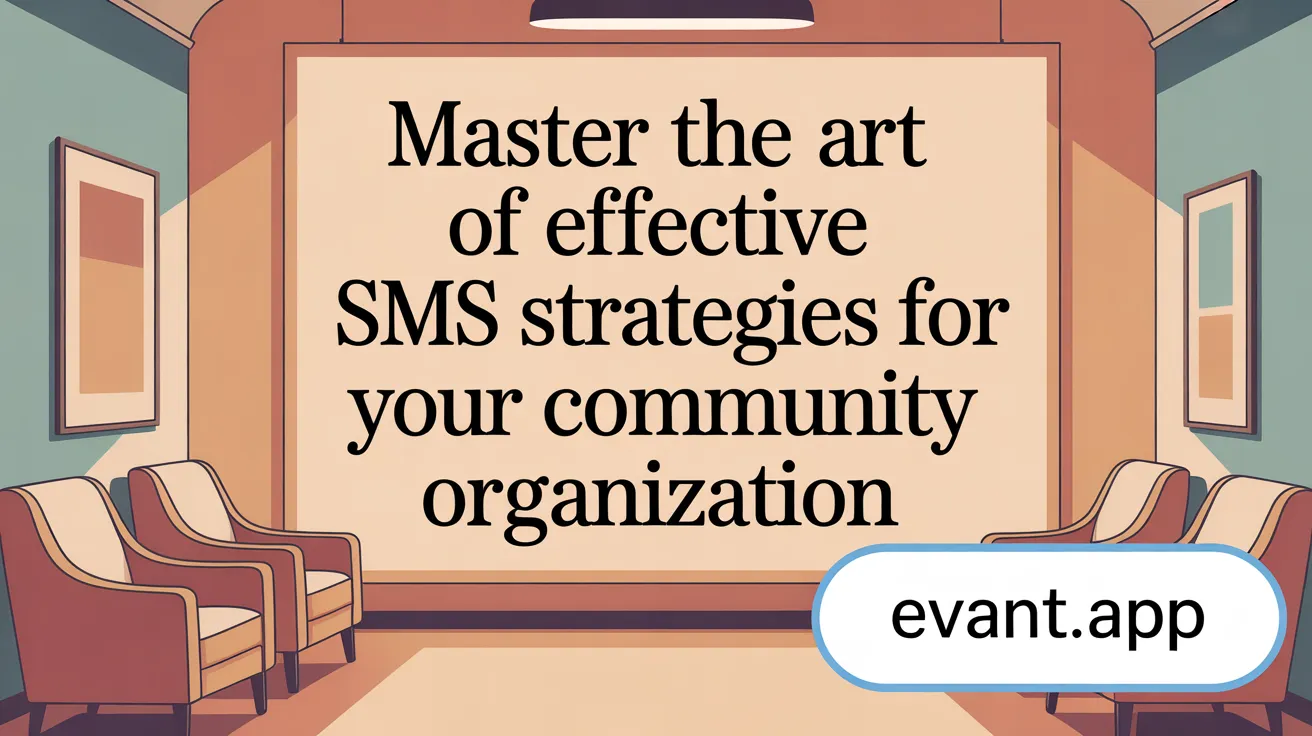
What are the best practices and strategies for implementing SMS communication in faith communities?
Implementing SMS communication effectively in faith communities involves a combination of thoughtful planning, proper tools, and respectful engagement. The first step is securing clear consent from congregation members, ensuring compliance with legal regulations like the TCPA and FCC guidelines. Providing easy opt-in options and respecting opt-out requests build trust and foster a positive communication environment.
Audience segmentation is crucial for targeted messaging. Churches can organize contacts into groups such as youth, volunteers, or small groups, allowing for personalized content that resonates with each segment.
Personalization enhances engagement. By customizing messages—such as addressing members by name or referencing recent involvement—churches can foster a sense of individual care and community.
Timing and frequency are vital. Best practices suggest sending 1-2 messages weekly to avoid overwhelming recipients. Scheduling messages strategically for before events, midweek encouragement, or after services keeps communication relevant without causing fatigue.
Integrating SMS with other channels like email and social media creates a cohesive outreach strategy. Tools like Ministry Brands Amplify or Textline can unify messaging efforts, ensuring that information is reinforced across platforms.
Automation features are valuable for timely reminders, event alerts, prayer prompts, and discipleship content. Automated drip campaigns can welcome new members or follow up after events, enhancing relationship-building.
Effective calls to action—such as inviting members to give through text-to-give, register for events, or participate in surveys—drive active participation and community involvement.
Regular feedback collection through surveys or reply-based interactions allows churches to listen to their congregation, adapt messages, and improve engagement.
By combining these best practices, faith communities can create a trustworthy, engaging, and impactful SMS communication system that nurtures their spiritual and communal growth.
Key Lessons and Practical Tips for Successful SMS Engagement
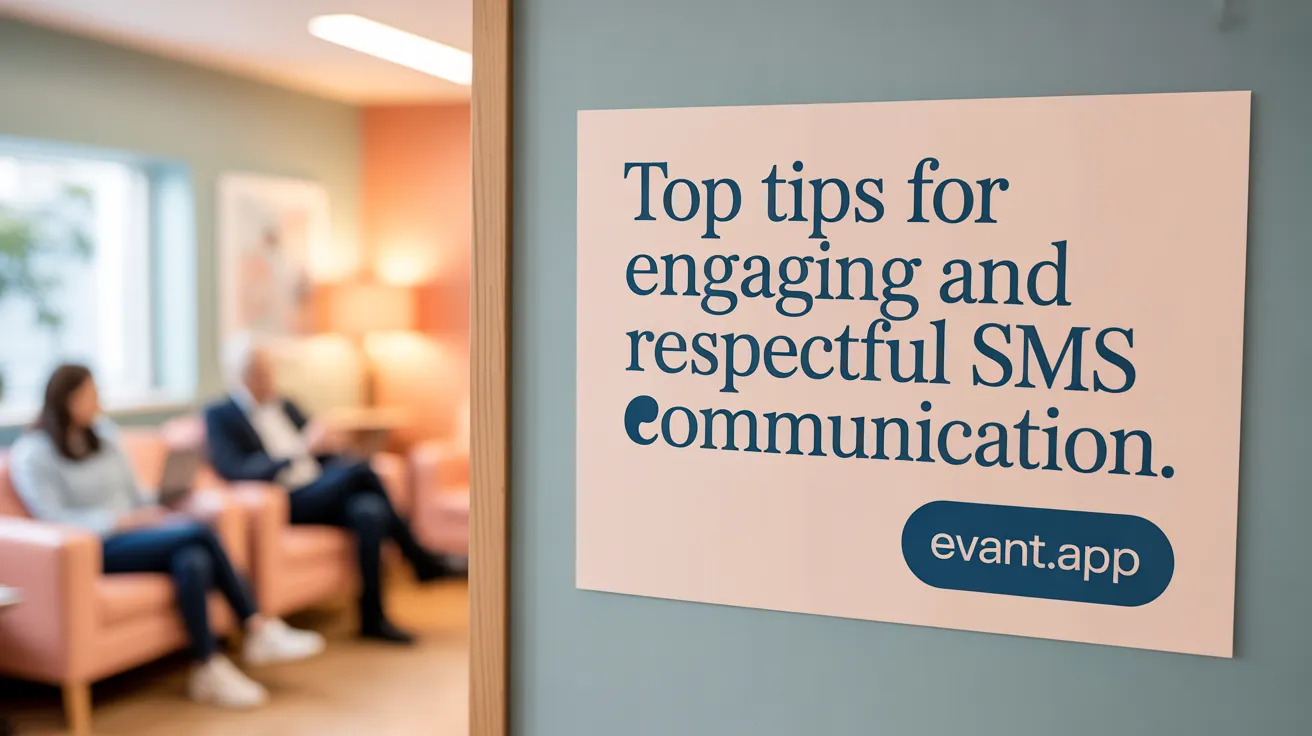 Incorporating SMS into church communication strategies offers numerous benefits, from increased engagement to more immediate connection with members. One of the most important lessons learned is the need for concise and well-timed messages. Given that 97% of texts are read within three minutes and nearly 98% are opened, crafting short, clear messages that respect recipients’ time can significantly boost engagement.
Incorporating SMS into church communication strategies offers numerous benefits, from increased engagement to more immediate connection with members. One of the most important lessons learned is the need for concise and well-timed messages. Given that 97% of texts are read within three minutes and nearly 98% are opened, crafting short, clear messages that respect recipients’ time can significantly boost engagement.
Using centralized management platforms like Ministry Brands Amplify or Textline is highly recommended. These tools enable churches to send personalized messages at scale, automate routine communications, and track engagement metrics effectively. Segmenting contacts into groups—such as youth, volunteers, or first-time visitors—ensures that outreach remains relevant, increasing response rates and fostering a sense of personalized care.
Automation plays a vital role in maintaining consistent communication. Scheduled reminders for events, follow-up texts after services, and timely spiritual encouragement strengthen community ties. Monitoring engagement data allows churches to refine their messaging strategies, identifying what resonates most and adjusting accordingly.
Transparency is essential for compliance and trust. Clear opt-in procedures must be in place, along with easy options for members to opt-out at any time. Providing information about how their contact details will be used helps foster transparency and respect.
Overall, successful SMS campaigns in religious settings depend on balancing brevity, relevance, automation, and transparency. When integrated thoughtfully into broader communication efforts, SMS can significantly enhance participation, community bonds, and spiritual growth—making it an effective tool for modern church outreach.
Illustrative Cases: Effective SMS Use in Religious Organizations
Examples of attendance increase
Many churches have seen significant rises in participation through strategic SMS campaigns. For instance, New Hope Community Church reported a 40% increase in midweek service attendance after implementing targeted text messaging. By sending timely reminders, event announcements, and inspirational messages, these churches motivate members to engage more actively.
COVID-19 communication adaptations
During the pandemic, SMS proved invaluable for maintaining communication while physical gatherings were limited. Churches used mass texts to share safety protocols, weather emergency alerts, virtual service links, and health updates. This quick, reliable method kept congregations informed and connected despite the challenges posed by COVID-19.
Keyword campaigns and real-time interaction
Using keywords like "Join," "Prayer," or "Give," churches have created powerful opt-in campaigns. Members text these keywords to a short code, gaining access to schedules, prayer requests, or donation links. Additionally, platforms like Betwext enable real-time interaction, allowing members to ask questions anonymously during services or participate in live polls, fostering a sense of community and immediacy.
Volunteer coordination and discipleship
SMS is an effective tool for managing volunteers and nurturing discipleship. Churches send automated appointment reminders, coordinate volunteer shifts, and follow up on participation. Personal follow-up messages encourage new visitors to join small groups or Bible studies, strengthening spiritual growth and community bonds.
Inspirational and prayer message delivery
Sending daily scriptures, prayer prompts, and inspirational quotes via SMS helps maintain spiritual engagement throughout the week. Churches also use SMS to share sermon highlights, encouragement during difficult times, and personalized prayer requests, providing comfort and motivation directly into members' pockets.
| Usage Area | Example Strategy | Impact | Additional Notes |
|---|---|---|---|
| Attendance | Event reminders and inspirational messages | Increased midweek service attendance | Timely and personal communication boosts engagement |
| COVID-19 | Distributing safety updates and virtual links | Maintained connection during restrictions | Ensures timely and reliable dissemination of critical info |
| Engagement | Keyword campaigns and live interactions | Enhanced participation and community feeling | Supports instant response and feedback |
| Volunteer & Discipleship | Shift coordination and follow-up | Stronger volunteer involvement and spiritual growth | Automation saves time and ensures coverage |
| Inspiration | Daily Bible verses and prayer requests | Encourages ongoing spiritual practice | Personal messages strengthen faith |
These examples highlight how SMS enriches church outreach, fosters community, and strengthens spiritual bonds, demonstrating its versatility and effectiveness in various settings.
Tools and Templates: Equipping Churches and Synagogues for SMS Outreach
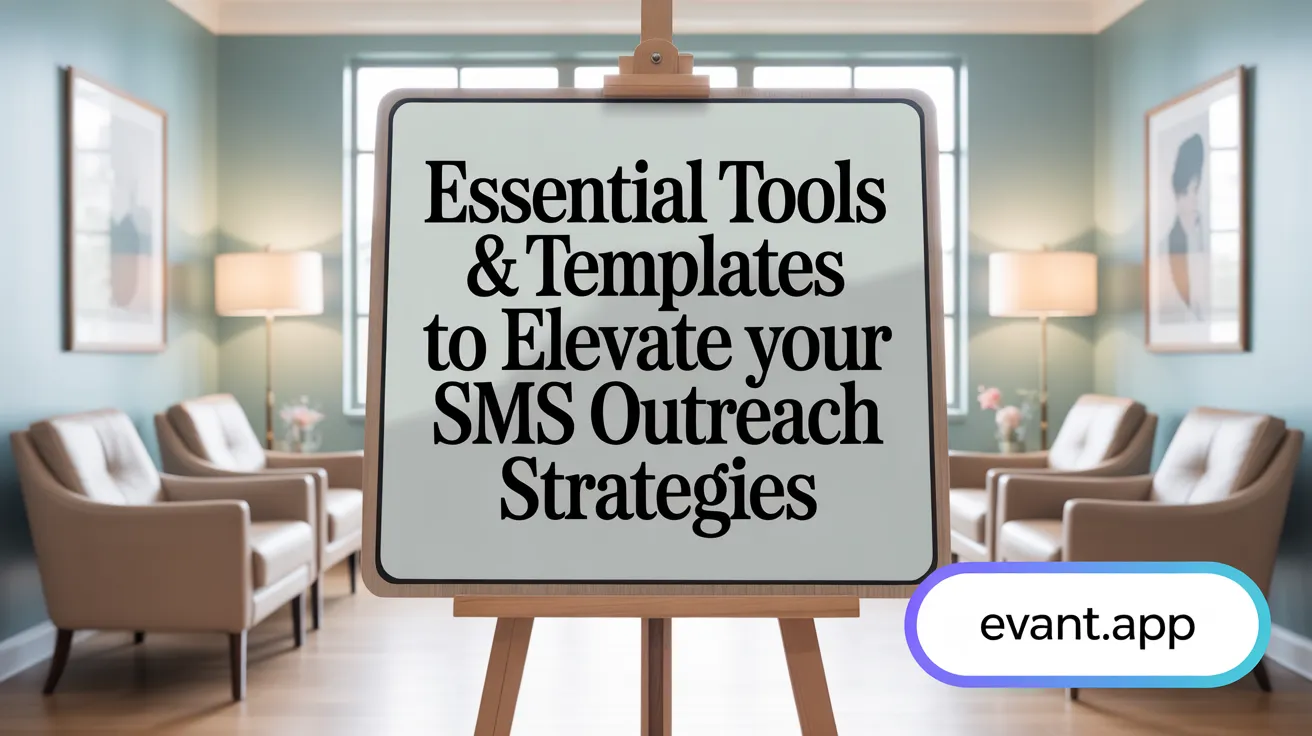
What tools and templates are available for church and synagogue SMS campaigns?
Numerous platforms offer specialized tools and templates designed to make SMS outreach more effective for faith-based organizations. For example, Tithely Messaging stands out as an all-encompassing service that allows churches to send bulk texts, schedule messages, and communicate in two-way conversations. Its features include automated workflows and seamless integration with church management systems, with pricing starting at $19 per month.
Subsplash is another popular platform, providing 25 pre-made SMS templates tailored for churches. These templates cover various topics such as sermon invites, event reminders, prayer requests, and scripture passages. It also offers response tracking and connects with other management tools to streamline communication.
Additionally, platforms like Clearstream, EZ Texting, Flocknote, TextMarks, MojoTxt, PastorsLine, Text In Church, One Call Now, and Trumpia serve the faith community with features like customizable templates, automation, analytics, and personalization. Many of these services include pre-designed templates for invitations, prayer chains, fundraising campaigns, and community updates.
These platforms optimize outreach by incorporating engagement best practices, making it easier for churches and synagogues to connect meaningfully with their congregations. They empower faith organizations to craft messages that resonate, track responses to evaluate effectiveness, and maintain active community involvement.
Tailoring SMS Marketing to the Unique Needs of Faith-Based Organizations
How are SMS marketing and communication methods tailored specifically for faith-based organizations?
SMS marketing and communication strategies for churches and faith-based groups are carefully designed to resonate with their spiritual mission and community values. Messages often incorporate religious language, scripture, and reflections that align with the organization’s teachings. This helps foster a sense of belonging and spiritual growth among members.
Timing is also crucial. Churches schedule messages around religious calendars, such as Christmas, Easter, or specific feast days, to make communications more relevant and timely. For example, sending devotionals or prayer prompts during Lent or Advent can deepen engagement.
Moreover, platforms like EZ Texting and Tatango offer features suited to faith communities, including automation, targeted audience segmentation, and two-way messaging. These tools enable personalized outreach, allowing churches to send tailored messages, reminders for events, or encouragement texts.
Special functionalities like text-to-give support charitable activities, while devotional texts and scripture passages can be shared daily to nurture spiritual well-being. Automated follow-ups after services or events help convert visitors into active members.
By integrating SMS with social media and email campaigns, churches create a cohesive outreach approach that extends beyond in-person gatherings. This multi-channel strategy strengthens community bonds, encourages participation, and facilitates continuous spiritual engagement.
In essence, faith-based organizations leverage high response rates and instant communication to increase attendance, support ministries, and foster a vibrant spiritual community through thoughtful, well-timed, and personalized SMS campaigns.
Unlocking the Full Potential of SMS in Faith Communities
SMS technology stands as a transformative force for churches and synagogues aiming to deepen community engagement and communication. Its unparalleled reach, immediacy, and personalization empower religious organizations to nurture their members spiritually, mobilize volunteers, and sustain growth. By embracing best practices, leveraging specialized tools, and tailoring messages to their unique spiritual missions, faith communities can harness SMS not merely as a communication channel but as a vital ministry platform. As illustrated by diverse case studies and supported by robust data, SMS enriches community bonds, enhances participation, and fosters an inclusive environment where every member feels connected and valued. Faith organizations looking to thrive in the digital age will find that thoughtful SMS engagement is an essential part of their outreach and pastoral toolkit.
References
- Using SMS for church announcements and engagement
- SMS for churches: How it works - Textline
- Creative Ways to Use Text Messaging for Church Engagement
- SMS for Churches: Effective Communication Solutions | Beambox
- How to Use Church Texting to Boost Attendance and Engagement
- 5 Ways Churches Can Boost Member Engagement with Text ...
- How To Use Text Messages For Church Outreach | CallHub
- Text Messaging Services for Churches & Faith-Based Organizations
- SMS for Churches: How to Amplify Your Outreach - Mailchimp
Related Blogs


How Community Churches Should Leverage SMS to Boost Engagement
Michael PedoeemStruggling with low church attendance? Discover how to leverage SMS to reach 98% of your congregation instantly and review the top 5 church communication platforms.


SMS for Churches: A Guide to Better Engagement
Michael PedoeemLearn how SMS for churches can boost engagement, improve communication, and streamline event management. Discover best practices for church texting today.
Ready to transform your community









